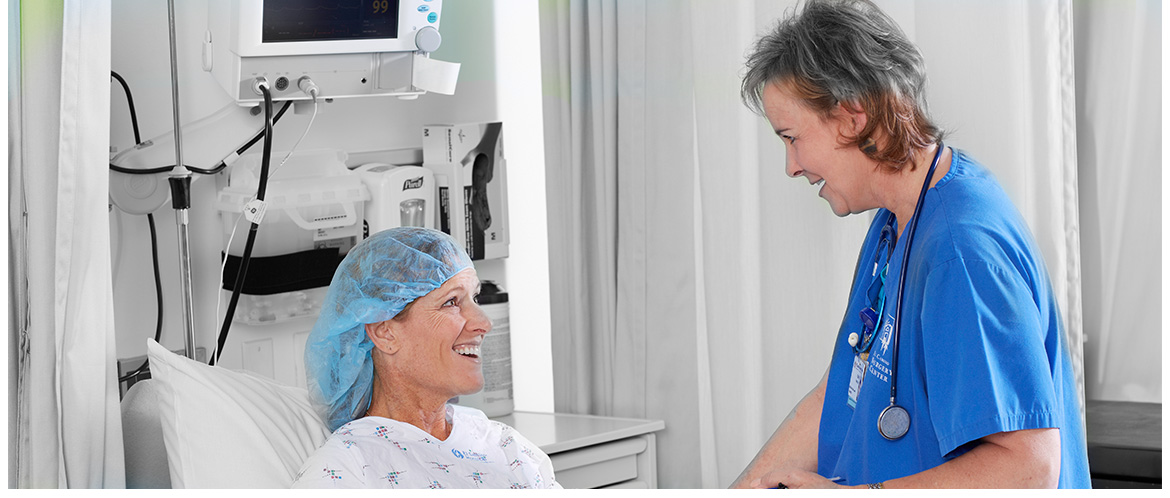When To Call Your Physician Or Seek Medical Care
If any of the following occur, call your physician immediately. In an emergency, call 911.
- Temperature of 101 degrees or higher, and/or chills
- Nausea or vomiting that lasts more than 24 hours
- Increasing drowsiness
- Worsening pain not relieved by pain medication
- Increased swelling around the incision
- Redness around the incision that is spreading
- Bright red blood or discharge coming from the wound.
What to do
Recognizing the right time to call your physician or seek medical care can be crucial for your health. Chest pain, particularly if it spreads to the arm, neck, or jaw, can signal a heart attack, necessitating urgent medical care. Severe shortness of breath, especially if it starts suddenly, could indicate serious conditions like a pulmonary embolism or heart failure. Persistent severe abdominal pain might point to issues such as appendicitis or a ruptured aneurysm.
High fever, especially in young children or the elderly, should prompt a call. Persistent vomiting or diarrhea can lead to severe dehydration, requiring intervention. Unexplained significant weight loss could suggest underlying conditions like cancer or thyroid disease. A sudden, severe headache might indicate a stroke or brain aneurysm, demanding immediate attention.
Changes in mental status, such as confusion or sudden behavioral shifts, can signify severe infections, metabolic disturbances, or neurological events. Severe allergic reactions, marked by difficulty breathing, swelling, or hives, need immediate care to prevent life-threatening complications. Blood in urine, stool, or vomit is a concerning symptom that needs evaluation. Persistent or severe pain unresponsive to over-the-counter medications may signal serious underlying conditions.
Sudden vision changes, such as loss of vision, double vision, or severe eye pain, should prompt immediate attention as they could be signs of serious eye or neurological conditions. Symptoms of a stroke, including sudden numbness or weakness on one side of the body, trouble speaking, or understanding speech, require emergency care. Uncontrolled bleeding, whether from a wound or internally, is a medical emergency.
A persistent cough lasting more than three weeks could indicate conditions like chronic bronchitis, pneumonia, or lung cancer. Worsening asthma or COPD symptoms unresponsive to usual medications require immediate evaluation. Pregnant individuals experiencing severe abdominal pain, bleeding, or severe headaches should seek immediate medical attention.
Sudden severe back pain, especially with numbness or difficulty urinating, might indicate a herniated disk or spinal infection. New medication side effects, such as rash, difficulty breathing, or severe dizziness, require prompt advice. Persistent fatigue not improving with rest and accompanied by other symptoms like weight loss or fever should be evaluated. Exposure to a contagious disease followed by symptoms like fever or rash needs immediate consultation. Any head injury resulting in loss of consciousness, confusion, or severe headache should be promptly evaluated.
Recognizing the critical signs and symptoms that require medical attention can make a significant difference in health outcomes. Trusting your instincts and seeking advice when something feels off can help in early detection and treatment of serious conditions.

